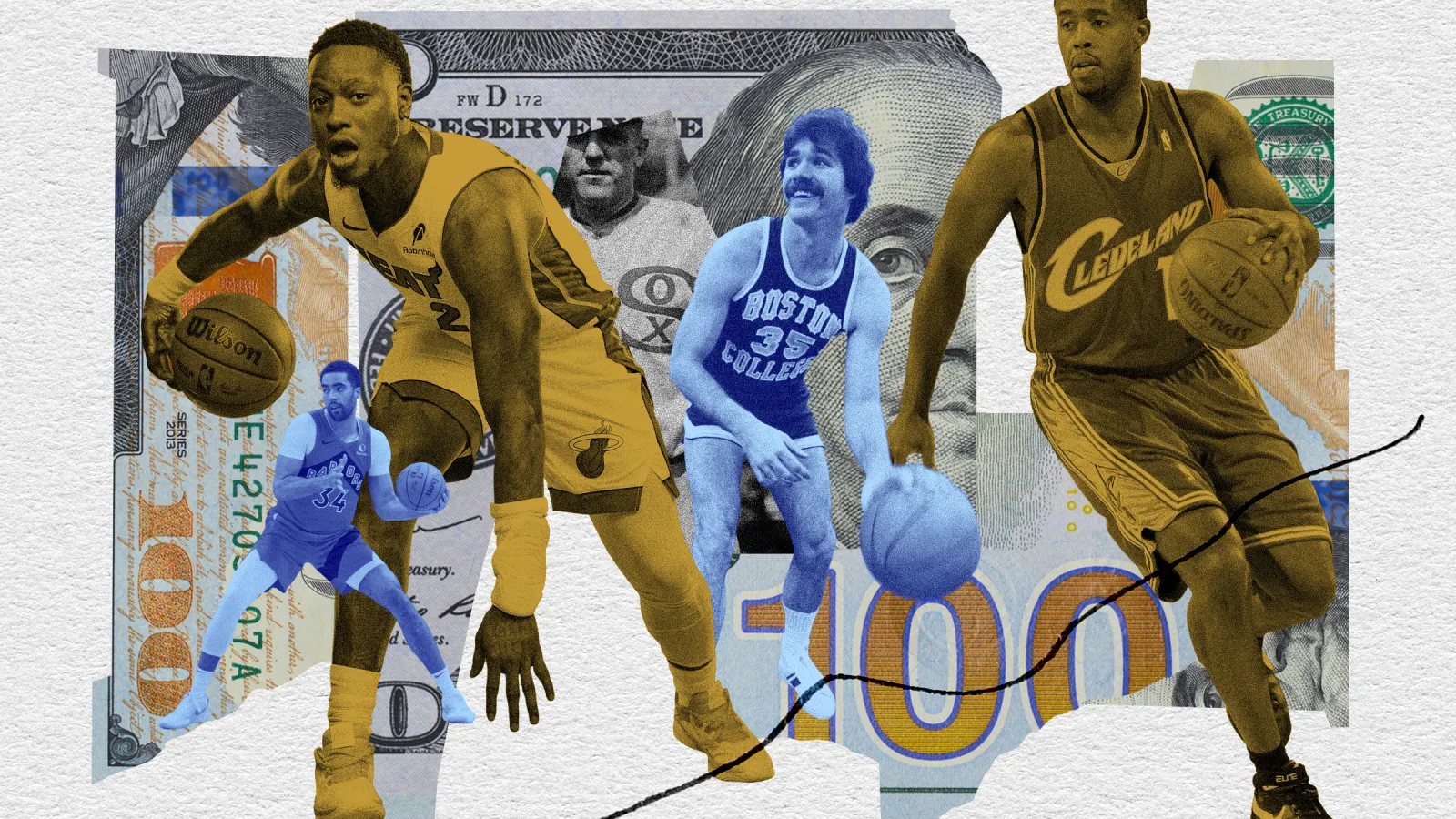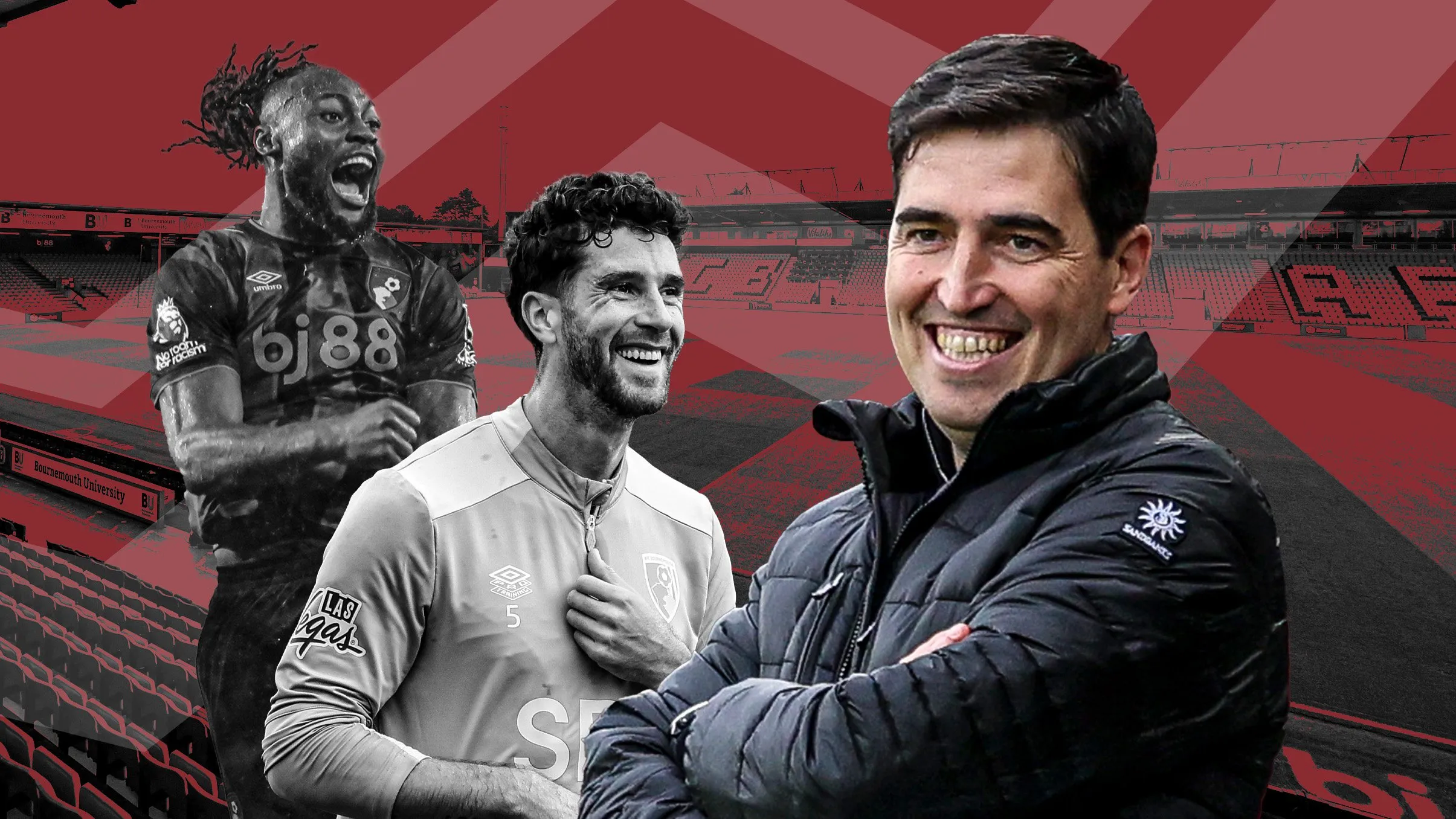Copyright Rolling Stone

Recent reports that a number of current and former NBA players were allegedly faking injuries and trading inside information with crooked gamblers has left sports fans and media reeling. It’s the latest in what has been an increasing number of scandals involving American athletes and gamblers that have come to light since the Supreme Court paved the way for states to regulate sports gambling seven years ago. These scandals have brought about renewed calls for reform and even prohibition. When athletes are caught cheating, a number of familiar examples are often brought up. There’s the infamous 1919 World Series, the so-called “Black Sox” scandal, where players were paid off to throw the series. There’s the 1978 Boston College point-shaving scandal, where student athletes were paid by the mob to limit the number of points their team scored. And there’s Tim Donaghy, the NBA referee caught in 2007 betting on games he officiated. These are some of the best-known cases of match-fixing in American sports, and each resulted in a major national outcry over the integrity of sports and the corrupting influence of gambling. It’s worth noting, however, that in each of these cases they were lucky they caught the cheaters at all. The 1919 White Sox players were exposed by a dogged investigative journalist following up on rumors he heard from sources. The Boston College case came to light only after mobster Henry Hill (of Goodfellas fame) confessed after he was arrested on drug charges and entered witness protection. Donaghy’s scheme was only discovered through a broader FBI investigation of organized crime figures when an informant gave them a tip. If the biggest cheating scandals in sports came to light through sheer luck, it’s fair to wonder how much more of this kind of thing has been going on all along. There have been countless rumors through the years of match-fixing, point-shaving, and every other manner of foul play in every sport you can imagine. In 1983, PBS aired an episode of Frontline that examined ties between professional football and organized crime and insinuated that games had been rigged by future hall of fame players and coaches. In the 1990s, there were a number of accusations, both proven and unproven, of point shaving in college basketball that led to the introduction in Congress of the Student Athlete Protection Act, which sought to ban all betting on collegiate and high school sports, even in Nevada (it failed to become law). In the 2000s, Andy Murray caused a stir in the tennis world when he claimed “everyone knows” that match-fixing was going on in professional tennis. Editor’s picks None of this was any news to professional gamblers or bookmakers, who have long had an instinct for when something is off in the betting markets. They stand to lose when there’s information only one party to a bet has access to. For most of modern American history, the only legal place to bet was Nevada, and that was seldom, if ever, the place cheaters chose to place their bets. (Las Vegas bookmakers tipped off the authorities in 1993 when an Arizona State student tried to bet $250,000 on a basketball game, eventually leading to the arrest of two players for point shaving.) Sophisticated cheaters were more likely to bet with illegal or offshore bookmakers, where up until very recently the amount of money bet has long dwarfed the amount bet with regulated American sportsbooks. Usually there is a predictable pattern to the flow of money bet on games around the world, and the people who spend all day monitoring the betting markets develop a feel for when that flow is doing something inexplicable. The only recourse those unregulated bookmakers had when their Spidey-senses tingled was to simply stop taking bets on the suspicious game. Gamblers who felt something was amiss would simply stay away from those games, and warn others to do the same. The FBI and sports leagues were on their own. As the 2006 FIFA World Cup drew near, the sport of soccer was battling what was often described as an “epidemic” of match fixing all over the globe. There were billions of dollars being bet on soccer in regulated and unregulated markets alike, on nearly every continent. Banning gambling on the sport wasn’t a realistic solution. Instead, FIFA implemented integrity monitoring that utilized betting data from all over the world. Analysis of that data would give them an even greater leg-up on cheaters than what savvy bookmakers and gamblers who monitored the markets had. They didn’t just reach out to regulated and licensed bookmakers, they even convinced unregulated so-called “black market” bookmakers to sign on and cooperate. They wouldn’t be able to stop criminals attempting to fix matches, but they could detect where it was happening and tip off law enforcement in those jurisdictions. As one might expect, once the technology to detect match-fixing improved, the number of cases detected skyrocketed. Related Content The same thing is happening in the United States today. The spread of regulated sports betting across the country has led to the implementation of not only a number of new state regulatory agencies to monitor the sportsbooks, but also integrity monitoring systems similar to what FIFA developed in the 2000s, where data from regulated sportsbooks is shared and analyzed for irregularities (offshore and unregulated sportsbooks do not participate). It was precisely this type of monitoring that enabled law enforcement to catch Toronto Raptor Jontay Porter and the gambling syndicate he was working with last year, as well as Miami Heat’s Terry Rozier and former Cleveland Cavalier Damon Jones last week. (Rozier has denied any wrongdoing, as has Hall of Fame player and Portland Trail Blazers coach Chauncey Billups, who was arrested for his alleged involvement in a related poker cheating ring and is widely believed to be one of the unnamed co-conspirators in the FBI’s sports betting case.) Porter has already been banned from basketball for life and faces years in prison from criminal charges he pled guilty to. The problem is that among the general public, the optics are unsettling. One day we regulate betting on sports, and the next we have a rash of cheating scandals. The common assumption is one of causality, when the truth is that it’s more likely correlation. When you turn on the light, the cockroaches will scatter. If you turn it off again, they don’t disappear. They’re still there. The question isn’t whether legal betting is corrupting sports — it’s just how corrupt were they all along? And what more can we do — now that the light is on — to clean up the mess? One widely discussed idea is to ban prop betting — bets on an individual player’s performance. These types of bets were central to both the Porter and Rozier cases, where those players faked injuries to take themselves out of games early, thereby ensuring that bets that they would do worse than expected would pay off. Critics say these bets are too easy to rig, since they involve a single player, and that banning them might give fans more peace of mind that the players are all trying their hardest on every play. Prop bets are wildly popular in the United States. Many younger gamblers found their way to sports betting through fantasy sports, where they learned to predict individual player performances, and prop bets offer them the closest analog to that game. One consequence of their popularity has been the phenomenal rise of the same-game parlay, a bet where players combine multiple prop bets in a single game to create a wager with a potentially large payout. These bets scratch another itch unique to American gamblers: the desire to bet a little and win a lot. These bets are terrible for consumers, because the sportsbooks offer less-than-fair odds on them. The people who bet on them don’t care. Who does the math when they buy a lottery ticket? And the result is that parlays have become the majority of regulated sportsbooks’ revenues. Banning prop bets would eliminate a key ingredient in the sportsbook’s most profitable product. Sportsbooks would likely use whatever influence they had to keep that from ever happening. They may, however, agree to stop taking bets on “under” props, which is to say bets on whether or not players will score or perform less than what is expected. Sportsbooks would continue to take bets on “overs,” and what could be the harm in that? If a player tries to score as many points as she can to help some gambler win a bet — well, that’s what we all expect her to do anyway, so where’s the foul? But a bet on an over without an under price is what’s known as a “one-way market.” Without offering odds on both “over” and “under”, it’s impossible to know whether you’re getting a fair price, and since the sportsbook can only take bets on one side of the equation, you most likely aren’t getting one. It’s true that one player can fix a prop bet, while one player can’t usually throw a whole game. But most bets on the outcome of games involve a point spread, some number of points the favorite needs to win by. One of the most common fixes in sports is “point shaving,” where a player fails to score on purpose to keep the margin of their team’s victory below that spread. It’s easy enough to convince a player to do: since their team is winning anyway, who cares how many points they win by other than a bunch of gamblers? Cheating in sports is much older than the prop bet, and even older than the point spread. It’s as old as sports itself. People cheat at sports for all sorts of reasons, from money to glory and everything that falls in between. What we need is a robust way to detect it and a strict way to enforce the penalties. Technology is our most powerful weapon for the former. The data in these betting markets will expose the cheaters far more often than loose lips or shoeleather reporting will. And if the agencies and companies that provide this service found a way to work with regulated and unregulated markets, they’d be even better at it. Currently, our gaming regulators are state-based, and there is no uniform criteria for how any of this should be monitored or regulated across the country. The for-profit integrity agencies are the closest thing we have to a police force looking out for cheating. Government entities focused on these issues can and should play a larger role. Trending Stories None of us like these types of scandals in sports. But the truth is what we are experiencing right now is the solution. That might anger people who want to believe that none of this was happening prior to 2018 and we should go back. That’s understandable. The explosion of sports betting into the American sports industry was abrupt and jarring, and nobody is quite used to it yet. But regulation was meant to bring normalcy and order to what was once considered an illicit, though widespread, activity. This is part of that process. It’s painful to look at the mess, but just because we didn’t see it didn’t mean it wasn’t always there. It’s time to clean it up.



